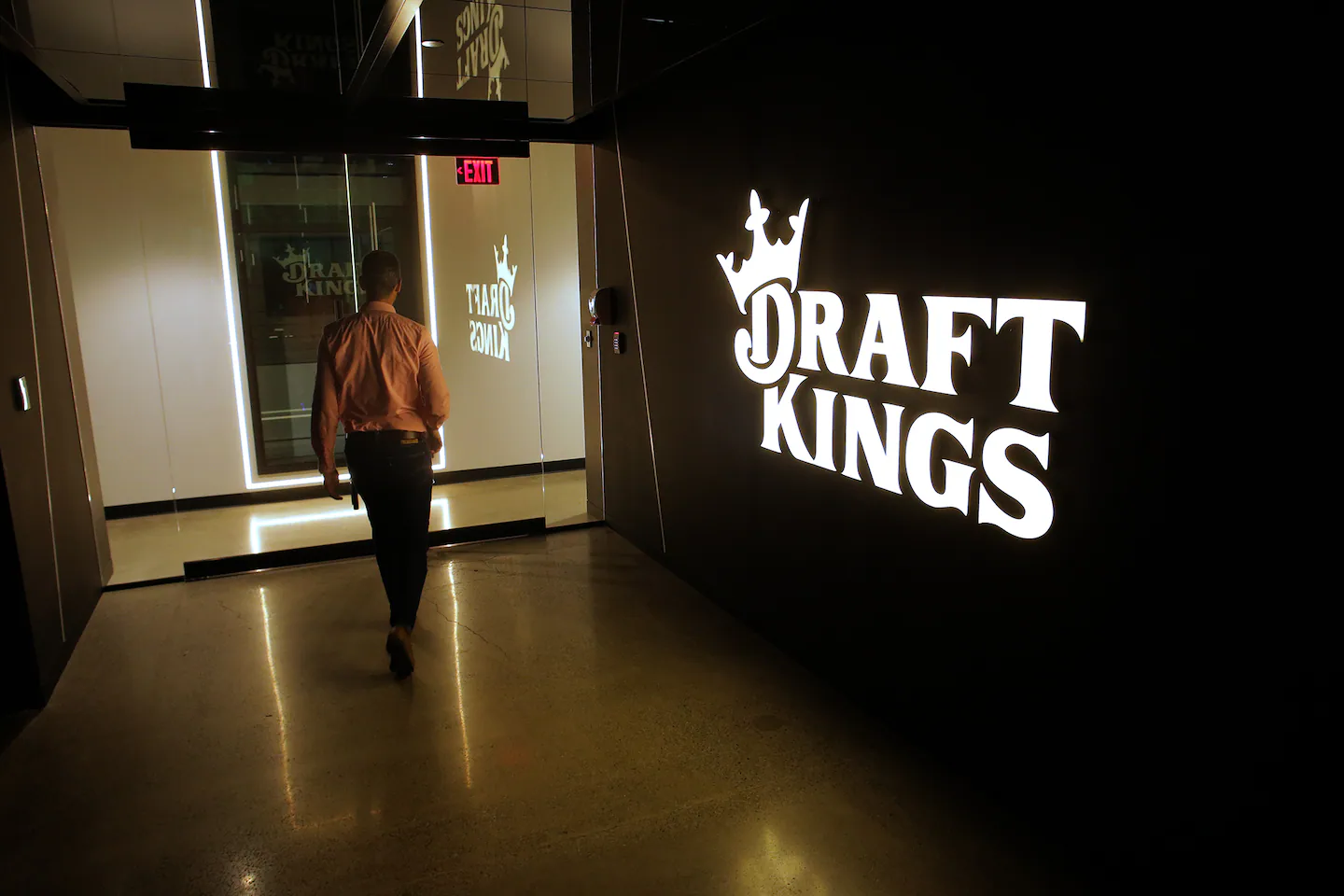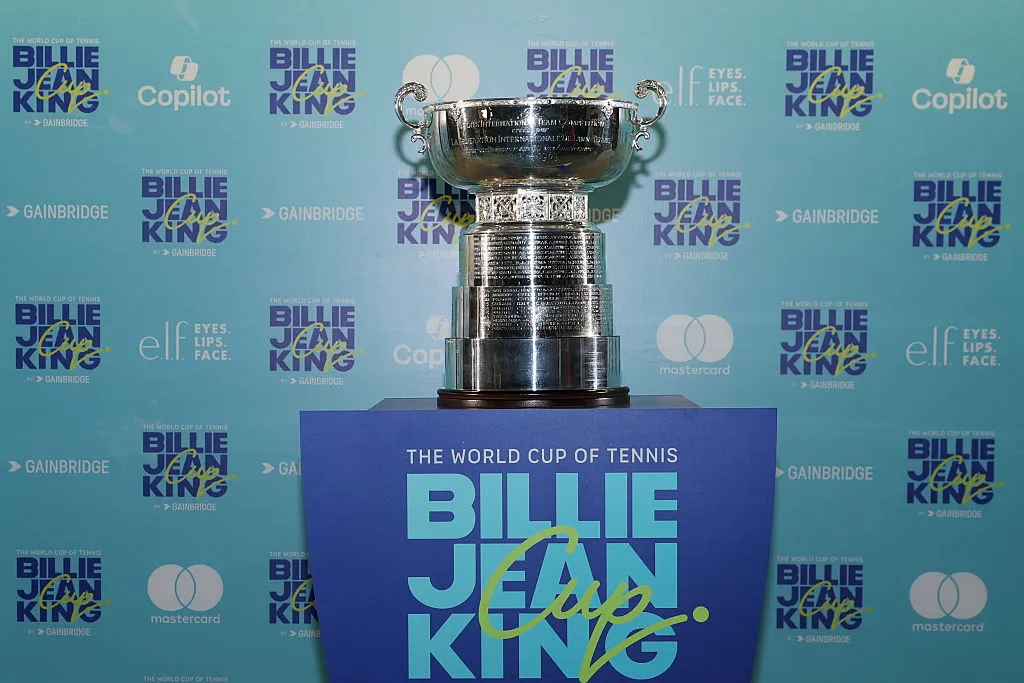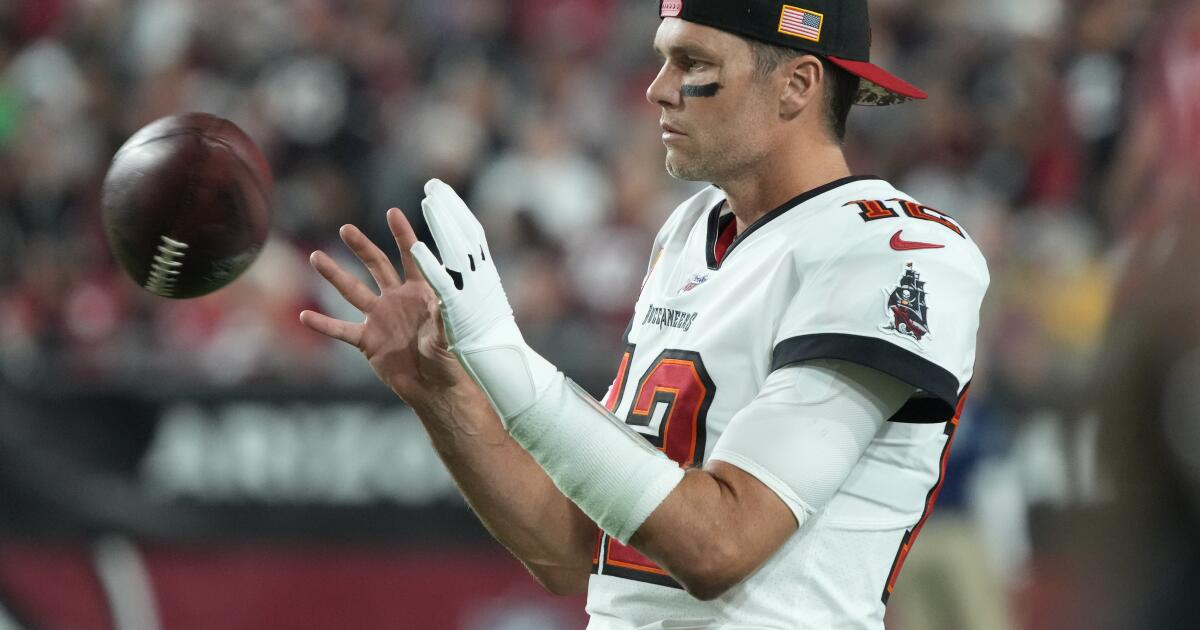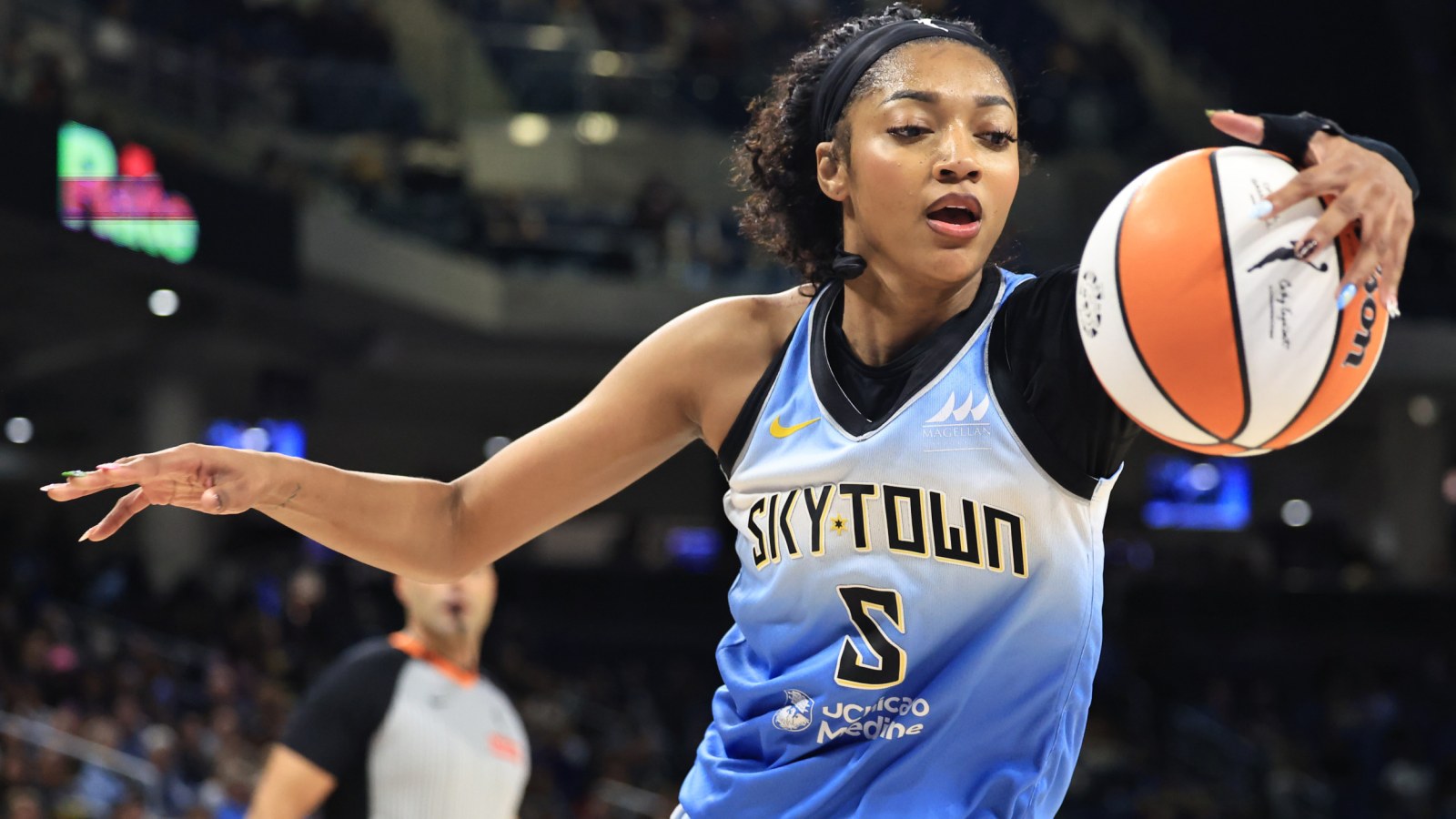
If courts agree, the result could be more societal harms from gambling along with the loss of tax revenue, according to Attorney General Andrea Campbell.
Joining regulators in Arizona, Illinois, Maryland, Montana, Nevada, New Jersey, and Ohio, plus Native American tribes in California and Wisconsin, Campbell went to court on Friday in an effort to keep Kalshi and Robinhood from offering sports bets in Massachusetts. The suit, filed in Suffolk Superior Court, alleged that Kalshi was violating numerous state gambling regulations.
“Sports wagering is regulated for many good reasons, among them that such wagering has significant public health consequences, such as compulsive gambling — a clinically recognized behavioral addiction — and disastrous financial losses,” Campbell’s lawsuit said.
Kalshi told the Globe it is following the law — federal law. “Massachusetts is … relying on outdated laws and regulations,” the company said. “Prediction markets are a critical innovation of the 21st century.”
And Robinhood fired back on Monday with a lawsuit of its own in federal court, seeking to preempt Massachusetts laws.
The sports-betting offering from Kalshi and Robinhood is, in some ways, different from betting via other apps. But, in other ways, it is a lot like betting in other apps.
In a prediction market, the odds on any wager are set in the market in real time based on how many people are willing to take each side of the bet. It’s the same way futures contracts on commodities from corn to pork bellies trade. Unlike DraftKings or other apps, Kalshi never sets the odds itself.
But the product ends up allowing sports fans to bet money on the outcome of professional and college games and game-related stats, just like traditional betting apps.
Until recently, futures contract trading was limited to commodities and financial services. Federal commodities rules specifically state that regulated exchanges may not offer a contract “that involves, relates to, or references terrorism, assassination, war, gaming, or an activity that is unlawful under any State or Federal law.”
The Trump administration has not moved to enforce that clause on Kalshi or other predictions markets, however, and nominated Brian Quintenz, who was an investor in Kalshi, to head the Commodity Futures Trading Commission, which enforces the rules.
Federal courts have so far split on the issue, with Kalshi defeating New Jersey and Nevada but not Maryland regulators. That means Campbell’s case and the others will likely end up in front of the Supreme Court. Robinhood’s lawsuit is an effort to allow prediction market sports betting to continue while the courtroom dramas move forward.
Mark Gottlieb, executive director of the Public Health Advocacy Institute at Northeastern, agrees with Campbell that the prediction markets sports betting should be illegal under current laws. But he thinks the harms to the gambling public won’t be as bad as betting with the regulated mobile apps.
The current apps offer thousands of bets on micro-events within games, like predicting the speed of the next pitch in a baseball game, which “creates the kind of gambling action that affects the brain’s reward pathways and carries the highest risk to players,” he said. The more limited types of bets available on prediction markets “although illegal, create less risk of harm to users,” he said.
Boston-based DraftKings and other sports betting apps thus far have followed state-by-state rules requiring applying for an operating license, paying taxes, and imposing various restrictions.
But they’re ready to shift formats if threatened by the new competition. FanDuel has already partnered with CME Group, formerly known as the Chicago Mercantile Exchange and one of the giants of futures contract trading. And DraftKings has said it too is “actively exploring” the alternative format. Neither betting-app company wants to move too quickly and upset the state regulators they work with currently.
The betting companies would make less revenue from a predictions market but, without paying taxes, could keep more profits, according to analyst Robert Fishman at research firm MoffettNathanson.
For DraftKings and FanDuel, having already attracted millions of regular users and established strong brands “positions them well to succeed in prediction markets,” Fishman wrote in a report last week.



